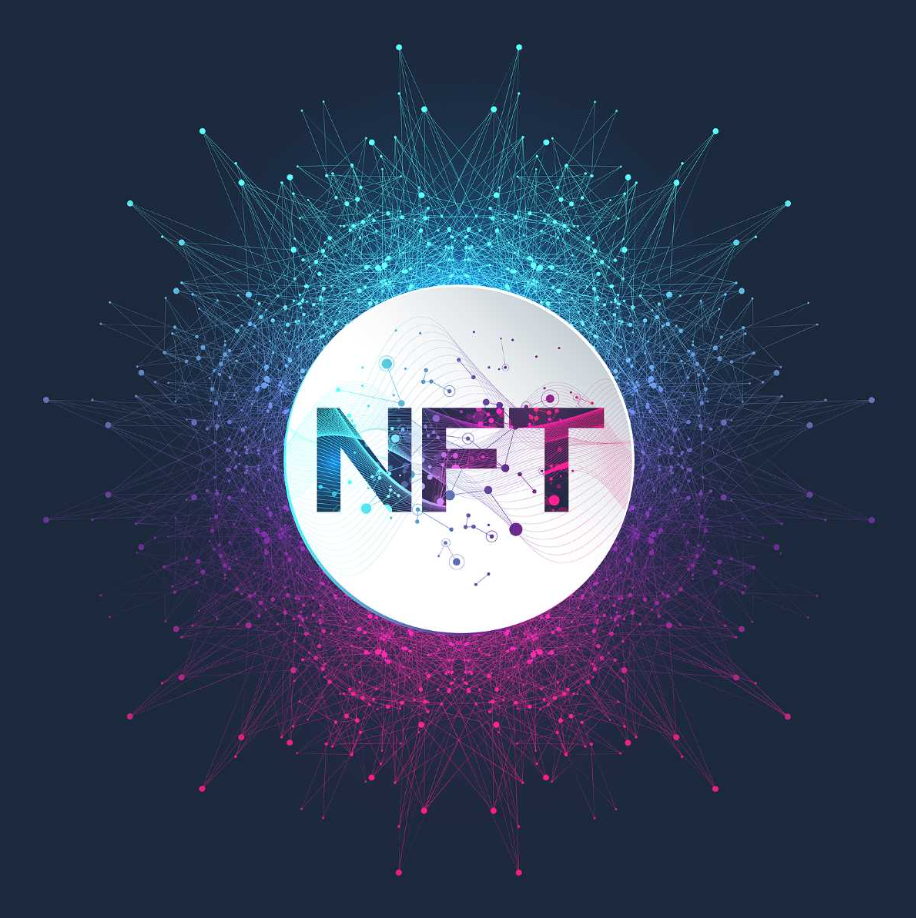Cardano, a pioneer in the blockchain space, has released its weekly development report, outlining the advancements made in its network infrastructure. The report sheds light on three core initiatives - Hydra, Mithril, and Plutus, all aimed at enhancing the performance of the Cardano blockchain.
Launched in 2017, Cardano has been at the forefront of blockchain development, being one of the early adopters of the proof-of-stake consensus mechanism. This early innovation placed Cardano among the most efficient networks in terms of transaction processing.
The latest upgrades, namely Hydra, Mithril, and Plutus, each target a different area of blockchain technology, which the weekly development report elaborates further on.
Hydra aims to provide layer-2 scalability for the Cardano ecosystem. Early estimates indicate that it could potentially ramp up the transaction per second (TPS) capacity to a whopping 1 million at peak. To achieve such a dramatic enhancement, Hydra will partition blocks into 'subsets', processed independently by validator 'heads' or hydra nodes. The development report reveals that the team is continually refining the performance of the hydra-node and contemplating ways to optimize event-sourced persistence.
On the other hand, Mithril seeks to decentralize Cardano further. This upgrade aims to simplify the process of running an independent Cardano node, thereby enabling more people to join the network, enhancing decentralization. With Mithril, validators can download a lite version of the Cardano blockchain and run a node with less compute space, avoiding the need for outsourcing to a third party.
Lastly, Plutus focuses on refining smart contract development on Cardano. As a Turing complete blockchain, Cardano supports the creation of custom applications. Smart contracts, pivotal to the launch of dApps, are automatically executed based on developer-set parameters. The core development team continues to optimize Plutus, adding new functionalities to its smart contracts on the Marconi sidechain, like runtime monitoring and response fields.
The report released on July 24, 2023, underscores Cardano's commitment to enhancing its technology's performance. Security, scalability, and decentralization remain core to the team's goals, and the latest upgrades align with these pillars of blockchain technology.










